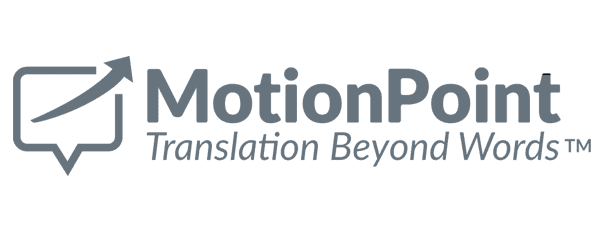




It’s tempting to rely on machine translation to localize your website for global markets.
Tools like Google Translate are fast, cheap (or free), and relatively easy to use. While they can be handy for translating a quick phrase for a piece of content, they’re just not ideal for handling full-scale website translation.
The hard truth: Google Translate’s accuracy doesn’t always cut it.
That’s because there’s more to translation than just swapping out words in another language. Machine website translation often produces word-for-word translations, but this can lead to loss of authenticity and accuracy in the translation.
Certain English words and phrases can’t be directly translated. Producing translations like these that can be understood requires an expert linguist who knows the language, understands the culture, and can provide translations that reflect the actual language use of people in that market.
Without it, content credibility suffers.
The accuracy problem creates more than just language and content hassles.
Relying solely a machine translation tool like Google Translate may seem like a cost-efficient idea, but the time and effort it can take to undo bad and inaccurate machine translation can mean significant spend later.
Your translators should review all the content, ensuring accuracy and completeness. They should also ensure that there is nothing that could upset or offend readers in your new markets.
Translating it correctly the first time with human expertise takes less time and money than fixing the problem later.
It doesn’t have to be machine translation vs human translation. And it doesn’t mean that machine translation doesn’t have a place in website translation. It can, and it does.
The key is to supplement the machine translation process with the right human expertise to get the advantages of both.
Linguists and quality assurance teams can check the accuracy and relevance of content translated by Google Translate. This is useful for product descriptions or simple content that doesn’t require emotions or context.
But when it comes to the content that really makes your brand shine—like marketing copy, thought leadership content or key customer service elements like FAQs—you’ll want a higher-touch solution.
That’s when human translation experts can step in, leveraging your brand style guides, glossaries and the cultural nuances of the markets you’re speaking to in order to create content that’s authentic and personal.
Don’t be afraid to lean on your website translation partner for help with this balance.
Good machine translation services should have clear criteria. We use these criteria to decide which content software can accurately translate. Additionally, they determine which content needs human expertise and linguistic knowledge.
The result is website translation that makes the most of your budget, while also avoiding awkward and costly machine translation mistakes. This way, your global brand can shine, no matter where in the world you’re doing business.